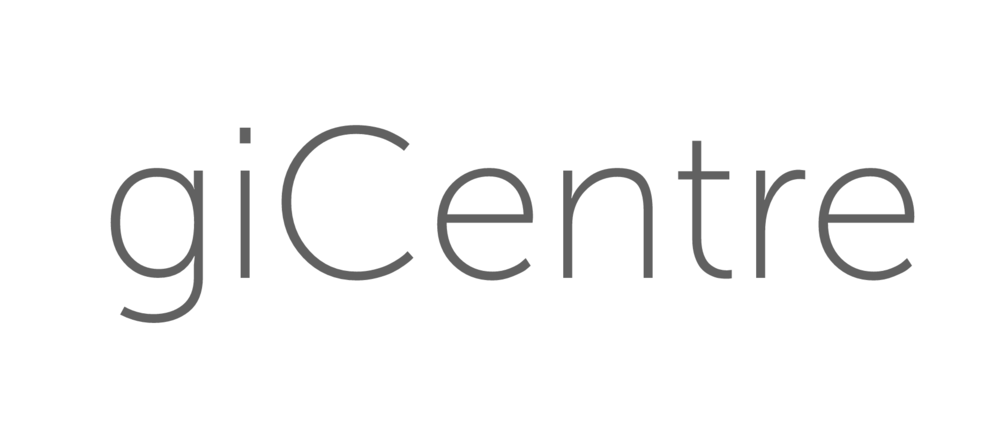We are looking to hire a Research Officer to use Big Data in survey research undertaken in collaboration with the Centre for Comparative Social Surveys (CCSS) at City University London. The post will be based in CCSS in the School of Social Sciences and will involve working closely with the giCentre. CCSS undertake the European Social Survey (ESS), which measures, monitors and interprets changing social attitudes in Europe and develops methods for cross-national research. The giCentre develop analytical visual interfaces to make sense of data, often with a spatial emphasis.
The post is central to an 18-month ESRC-funded research project - Using multi-level multi-source auxiliary data to investigate non-response bias in UK general social surveys, through which CCSS and giCentre will explore the extent to which the predictive power of Big Data can be used to address poor survey response rates. The Research Officer will be required to work on all parts of the project, including scoping suitable auxiliary data sources, conducting non-response analysis, producing non-response weights, conducting geographically weighted spatial analysis and using data visualisation to derive and present results.
Further details and online application.








